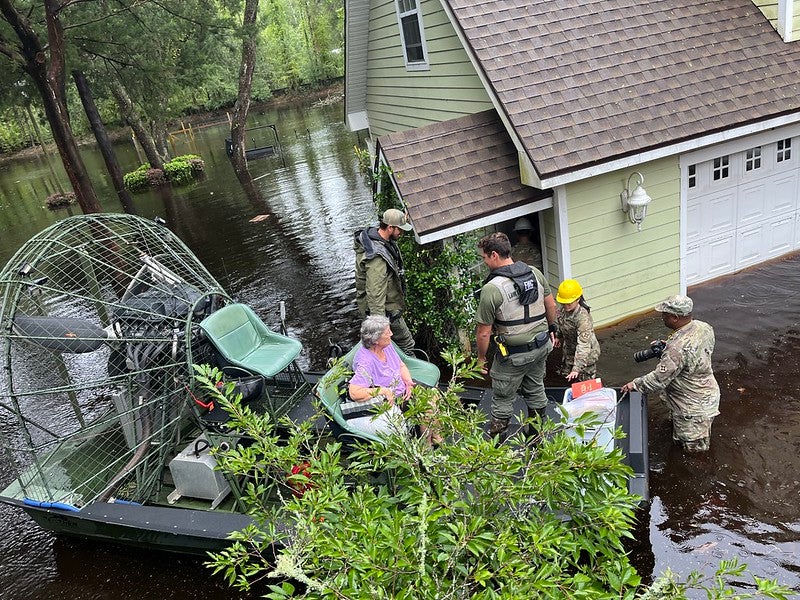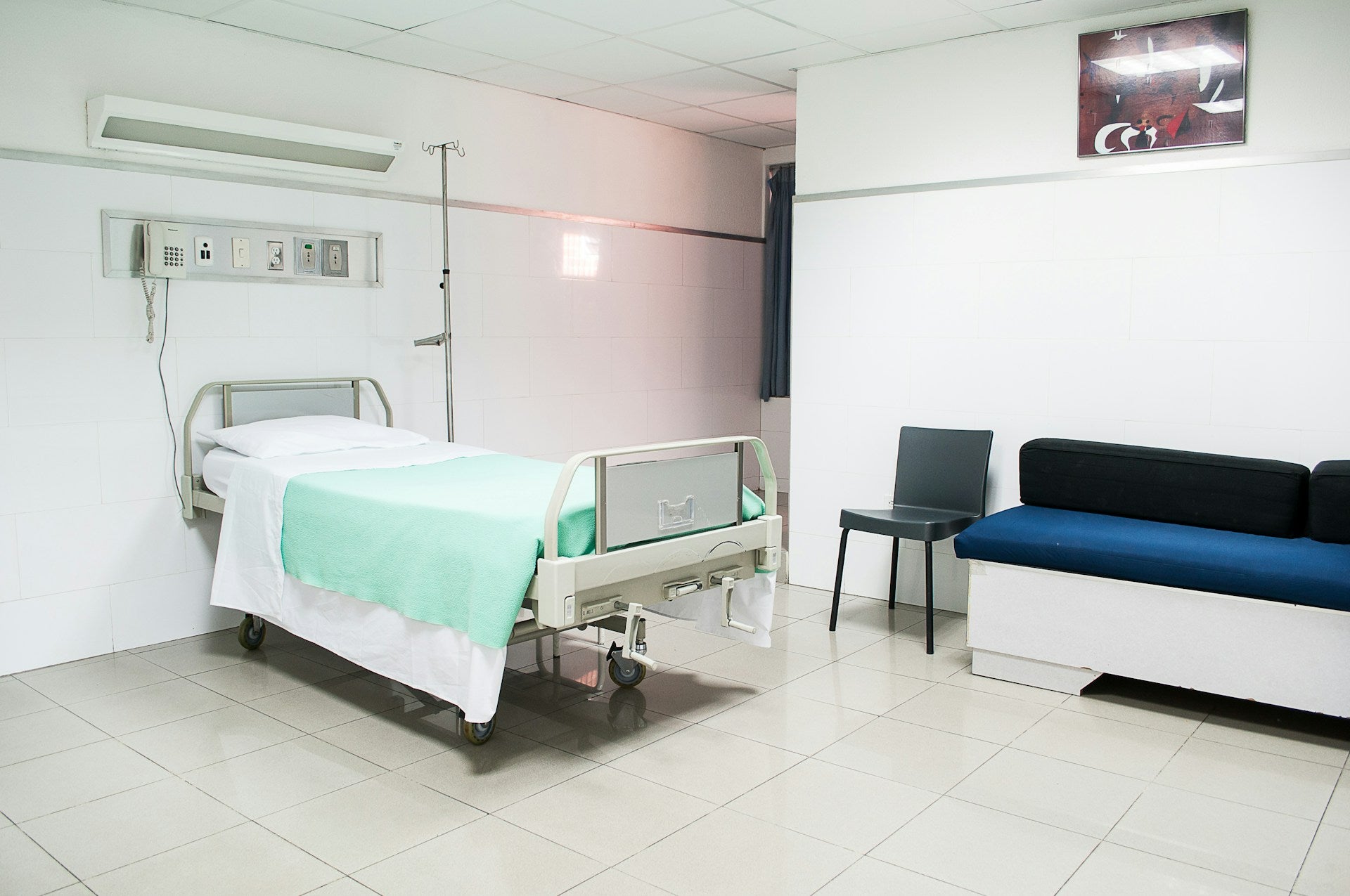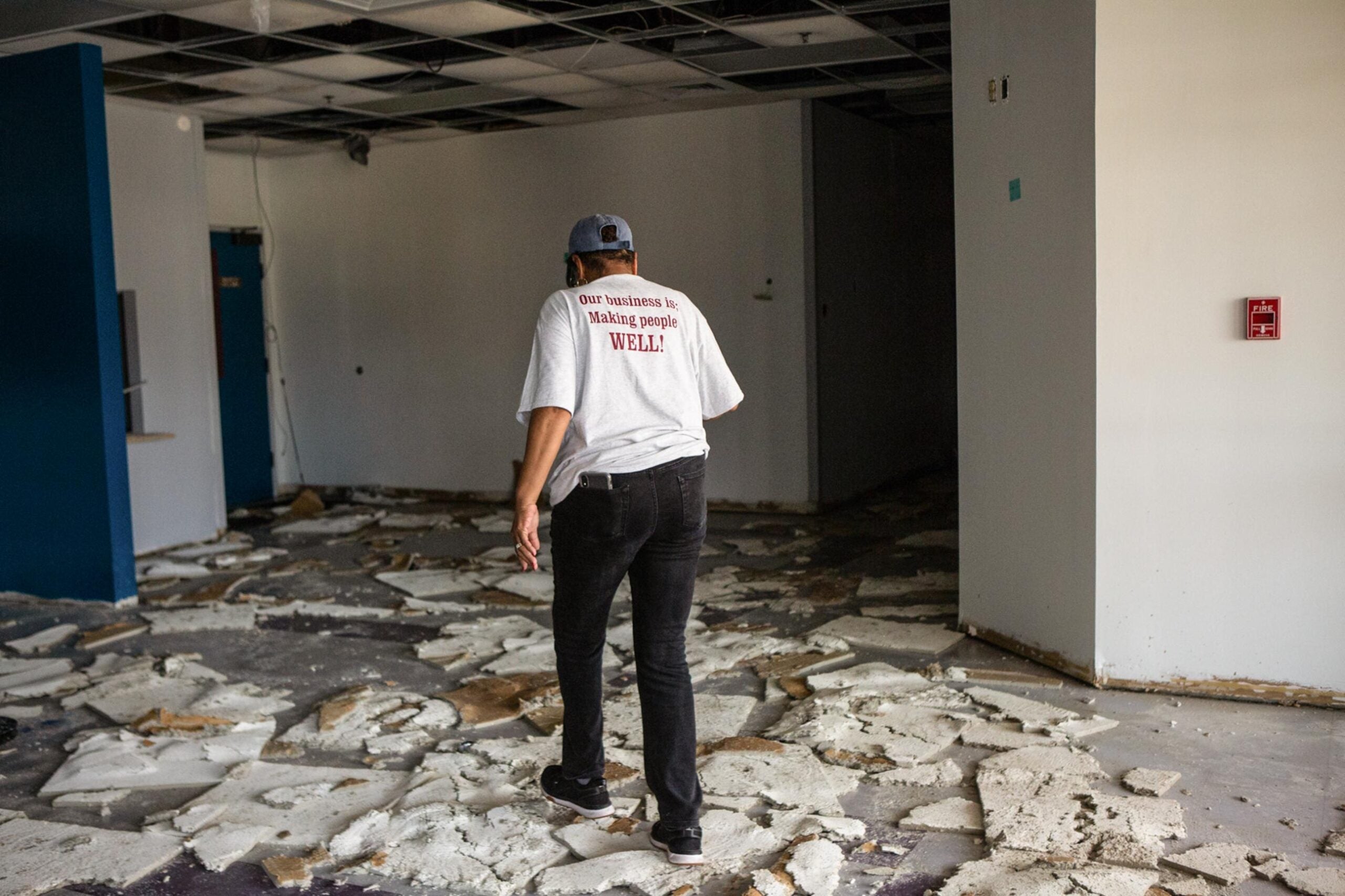Center for Climate, Health, and the Global Environment
We seek climate solutions that can provide for a healthier and more just world today and a livable future for our children.
Building 1, Room 1312
Climate Resilience for Frontline Clinics Toolkit
Thousands of community health centers and free clinics across the U.S. care for millions of our nation’s uninsured or underinsured patients. However, increasingly intense heatwaves, hurricanes, wildfires, and other climate-related hazards threaten their ability to provide care and keep their patients healthy.
In response, we launched the Climate Resilience for Frontline Clinics project in collaboration with Americares, with support from Biogen as a founding donor. This four-year initiative culminated in the development of the Climate Resilience for Frontline Clinics Toolkit, which provides resources for health care providers, patients, and clinic administrators to meet the health care challenges of climate change. As climate-related health threats become more severe, this toolkit is helping frontline clinics improve their disaster resilience and improve health outcomes for their patients. Resources include:
- Clinical guidance
- Tip sheets and action plans for patients
- Checklists for clinic staff
- Materials to protect patients with certain health conditions from extreme heat
Read our press release announcing the toolkit.
The four-year effort began with a groundbreaking survey of over 450 clinic staff from 47 U.S. states and territories to identify knowledge gaps and real-world challenges of caring for patients during and after climate shocks. From that data, we learned that:
- 81% of participating clinic staff said their clinic experienced some kind of disruption due to extreme weather within the past three years
- Fewer than 20% feel their clinic is “very resilient” in the face of extreme weather
- 77% say they do not have the knowledge or tools to implement climate change preparedness at their clinic
- More than 80% want education and training to protect their patients from climate-related events
The toolkit was developed to address these needs by offering clinics practical resources to improve their resilience and safeguard the health of their patients during increasingly frequent climate-related events.
The toolkit was initially co-developed in 2022 with 9 frontline clinics across the United States and then implemented and evaluated in 2023 by 36 staff members from 19 frontline clinics. In the Spring of 2024, we received feedback from a series of working groups including 24 subject matter experts, toolkit users, and patient advocates, who helped expand and redevelop the toolkit based on this feedback.
The expanded toolkit, released in September 2024, is based on the best available scientific literature and four years of needs assessment, resource development, implementation experience, and feedback from end-users and experts. It results from the collaborative efforts and ideas of more than sixty team members, contributors, and reviewers, as well as staff at two dozen clinics. The expanded toolkit includes more than 40 free online resources in English and Spanish.
Study: What clinics say about using the toolkit
In May 2025, the Journal of Climate Change and Healthpublished qualitative research focused on 15 frontline clinics in the Southern and Western regions of the U.S. who piloted the toolkit. The study showed that pilot clinics found the resource useful, felt it addressed a previously unmet need, and valued interactions with other clinics. However, they expressed concerns about the amount of information and the need for resources for patients with limited literacy. This feedback was incorporated into an updated version of the toolkit released in 2024. Findings from this study can be used to inform future efforts to deploy climate resilience resources in frontline clinics.
Global expansion
Originally developed for a US audience, the toolkit project is now expanding globally to support climate resilience in diverse healthcare settings. Projects are underway in the Philippines, Eastern Mediterranean, and South Australia to adapt or redevelop toolkit resources for the specific needs of populations in these diverse settings.


